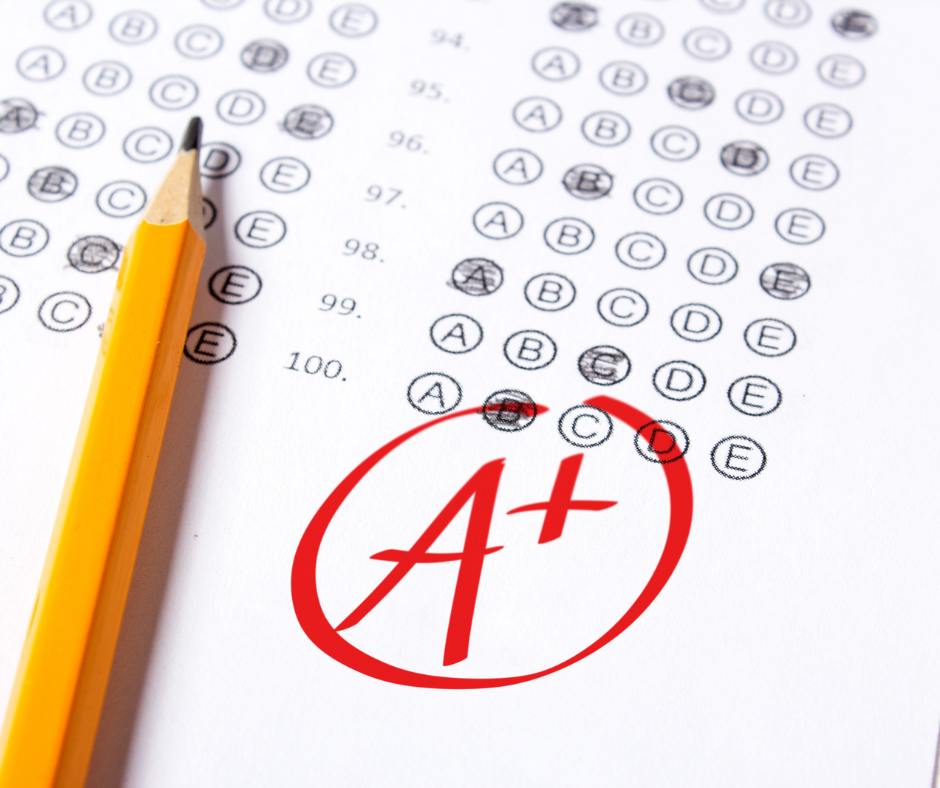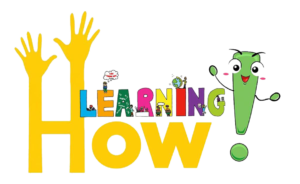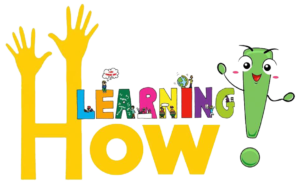Beyond Grades: Assessing Student Success Holistically
Beyond Grades: Assessing Student Success Holistically

Beyond Grades Assessing Student Success Holistically
Looking Beyond Grades: A Comprehensive Approach to Assessing Student Success
In the realm of education, the assessment of student success has traditionally revolved around grades and standardized test scores. While these measures provide valuable information, they fail to capture the full range of skills, talents, and qualities that contribute to a student’s holistic development. To truly understand and support student growth, educators are embracing a more comprehensive approach to assessment, one that considers academic achievement alongside social, emotional, and other essential skills. In this article, we will explore the importance of assessing student success holistically, going beyond grades to provide a more accurate and meaningful evaluation of their overall growth and potential.
Why Holistic Assessment Matters: Embracing the Whole Student
Holistic assessment recognizes that students are more than just a collection of grades. It acknowledges the importance of nurturing well-rounded individuals who possess a range of skills and qualities beyond academic achievement. By evaluating students holistically, educators can gain a deeper understanding of their strengths, challenges, and potential, allowing for targeted support and personalized growth.
Beyond Academic Achievement: Uncovering Hidden Talents
Holistic assessment goes beyond academic achievement to uncover the hidden talents and abilities of students. By incorporating various assessment methods such as project-based assignments, portfolios, presentations, and performance-based evaluations, educators can tap into students’ creativity, critical thinking, problem-solving, communication, and leadership skills. This broader perspective allows students to showcase their unique talents and provides a more comprehensive understanding of their abilities.
Assessing Social and Emotional Skills: Building Well-Rounded Individuals
Assessing student success holistically includes evaluating social and emotional skills. These skills, such as empathy, teamwork, self-awareness, and resilience, are crucial for students’ personal and interpersonal development. Through methods like self-reflection, peer assessments, and observations, educators can gauge students’ social and emotional growth, fostering the development of well-rounded individuals who are equipped to thrive in both personal and professional settings.
Recognizing Personal Growth: Celebrating Progress and Effort
Holistic assessment values the progress and effort made by students, not just the final outcome. By acknowledging students’ growth over time, educators can inspire a growth mindset and motivate continuous improvement. Providing constructive feedback, recognizing achievements, and celebrating personal milestones empower students to take ownership of their learning journey and encourage a lifelong love of learning.
Promoting Authentic Learning Experiences: Real-World Application
Holistic assessment promotes authentic learning experiences that mirror real-world situations. By engaging students in hands-on projects, problem-solving tasks, and collaborative activities, educators can assess their ability to apply knowledge and skills in practical contexts. This approach prepares students for future challenges, equipping them with the skills required for success in higher education, careers, and life.
Embracing the Full Picture of Student Success
Assessing student success holistically enables educators to embrace the full picture of student growth and potential. By looking beyond grades and considering a range of skills, talents, and qualities, we can provide a more accurate and meaningful assessment that supports students’ holistic development.
Let us shift our focus from grades alone and adopt a comprehensive approach to assessment, valuing academic achievement alongside social, emotional, and other vital skills. By doing so, we empower students to thrive academically, emotionally, and socially, nurturing their full potential and preparing them for a successful and fulfilling future.






Leave a Reply
Want to join the discussion?Feel free to contribute!